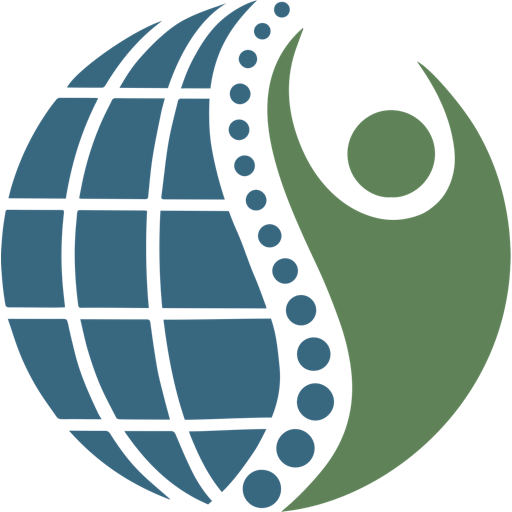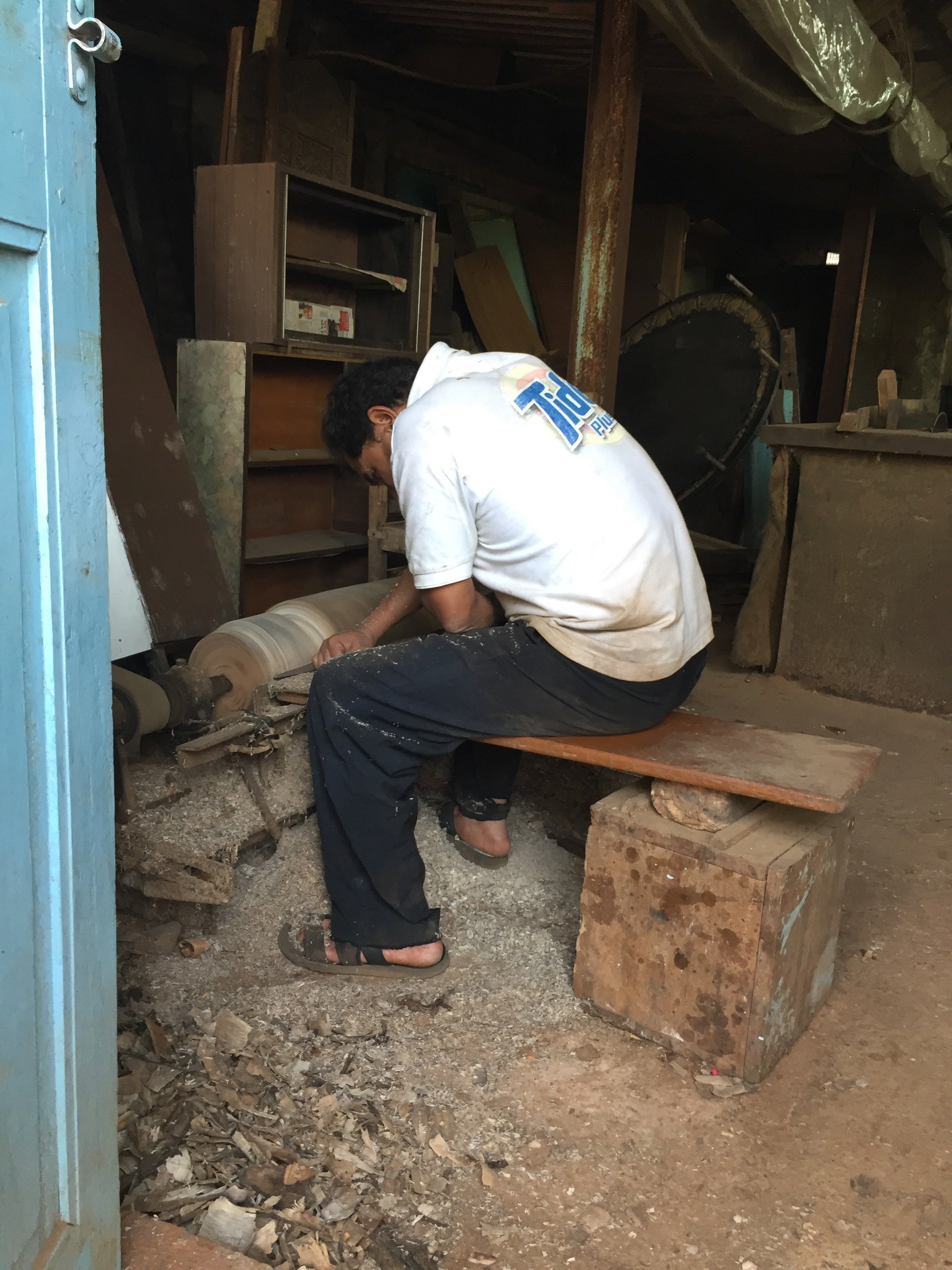Insight from India: an update on the World Spine Care Europe Project
MSK conditions leading cause of disability
The World Health Organisation’s most recent update on musculoskeletal disorders re-confirmed what many of us already know; the burden of disease MSK conditions create is enormous. They are the second largest contributor to disease worldwide, and Low Back Pain, is the single leading cause of disability.
Just imagine…
For many of us Low Back Pain is the “bread and butter” of our daily practice. Let’s all imagine you are one of your “typical” patients: perhaps a labourer, whose had niggles on and off? He has seen a GP several times and they’ve done their best but the painkillers only work for so long. His pain has worsened recently and is shooting down his leg. He fears he might need a couple of days off work and doesn’t want to rely on sick pay. He can’t play golf at the weekend like he used too, and he so hopes he can make the holiday he booked in one month. His wife is very supportive and says she will drive him to the appointment thirty minutes away…
Now imagine you are a labourer in India. You sit on your haunches for hours each day, chipping rock to make small stones for paving a set of stairs. You have back pain - just like another 1 billion people worldwide. And like many of them in developing countries… You can’t take a day off work; there is no sick pay. Your pay alone provides for your immediate and extended family, food, clothing, and school for your children. Your family is in your home village, an hour’s bus ride away, unable to help you.You will have to try to walk at least the hour from your place of work to your nearest health centre to register for an appointment and try to buy some painkillers.
On a Mission
World Spine Care is on a mission to change this and instead create a reality where everyone has access to high quality care for musculoskeletal - particularly spinal - conditions. Over the last year, an amazing project in Navi Mumbai, India has been set in motion. A collaboration between the Mahatma Gandhi Institute of Health Science (MGMUHS) Physiotherapy department and World Spine Care is taking place. Currently set within a hospital, the Physiotherapy department has now adopted WSC protocols with the under-pinning values of sustainable, integrated, evidence-based care.
In November 2017, the WSC Europe team that is managing and facilitating the MGMUHS/WSC collaboration, provided comprehensive WSC toolkit training and clinical education in primary spine care to Masters level and Undergraduate Physiotherapists. The aim is to assist them in their goal of taking high quality spine care, that is so needed, to their under served communities. MGMUHS set up a community outreach day in the rural village of Tara where red flag screening of people suffering with pain, advice, and exercises were given. Important conversation were had with Orthopaedics team, Radiologists and Medical Doctors to facilitate collaboration between the professions for the benefit of the patients and improved running of the clinical services. It is a very exciting time. This work is helping to reach those who are currently under served and very much in need.
Eye opening culture
It is a true privilege to work alongside our colleagues, in another country! We have so much to learn from each other, and in turn better understand and serve the communities we work within. I am always fascinated by the cultural interpretations of pain. In India, it is reported that patients described the severity of their pain based on their currency; Rupee. One Rupee is made of 100 Paisa. A pain level of 50 Paisa out of 100, is therefore akin to a pain level of 5 out of 10 on a visual analogue score or similar. This example is just one of the many, showing how key it is to understand a culture, and the way in which our patients communicate in order to serve them best.
We can all be of service in helping WSC achieve its vision. Small steps can have huge impact; education and resources provide outstanding clinicians who bring this care to their nation. Reducing the burden of disease will impact people’s personal lives; allow to them to better provide for and care for their families, bring more opportunity, greater health and wealth. This impact improves the socio-economic status of a region, or country as a whole.
The next step is to equip the clinicians in India with an administrator to help with the running of the clinics. Ideally male, an administrator would then be able to accompany female clinicians to the rural clinic of Tara on a regular, permanent basis and start bringing much needed care to people in and around this location.
You can help!
Why not get involved with WSC Europe’s “Spine Ride”; a cycle taking place in June each year? An amazing chance to adventure whilst raise good funds! Email adam.wilkey@worldspinecare.org.
Please visit www.worldspinecare.org, find out about volunteering, or click donate.May we suggest the price of one of your treatments, in order to allow others to receive the same amazing care, you give every day?




